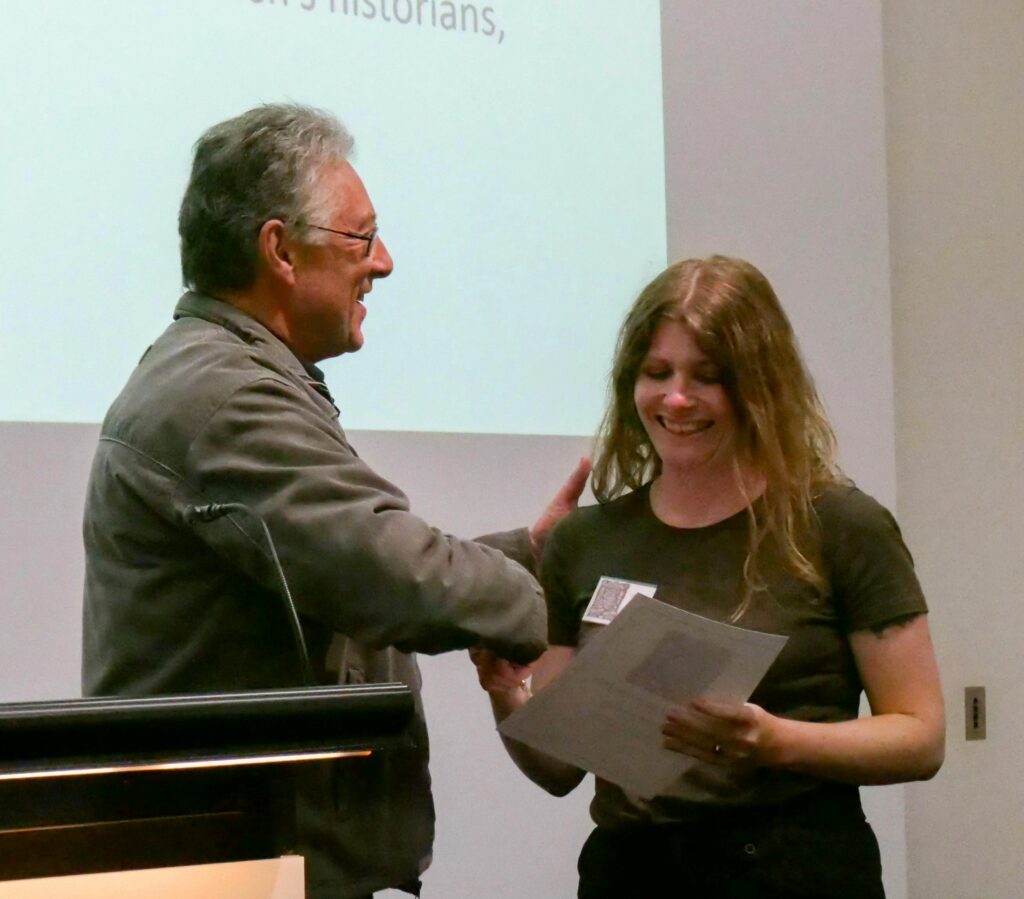Ferguson Prize: Best Article on an Interwar Topic/Theme
WINNER: Phoebe Kelloway, “Queensland Workers in 1928 Waterside Strike,” Labour History, no. 116 (May 2019)
JUDGES REPORT: “Phoebe Kelloway’s analysis brings a new perspective to the 1928 strike with its emphasis on Queensland workers and illuminates a significant labour event of the interwar period. In doing so it embodies the spirit and intent of the Ferguson prize.”
Bob Gollan Prize: Best Article by a Post-Graduate Student or Early-Career Academic
WINNER: Daniel Hannington-Pinto, “Australian Transnational Union Solidarity through Union-Building in Timor-Leste,” Labour History, no. 116 (May 2019)
JUDGES REPORT: “Daniel Hannington-Pinto’s careful and thoughtful study of the role of Australian unionists in helping to build unionism in Timor-Leste is a very fine example of scholarship. It also demonstrates the way in which exploration of recent labour history can illuminate important aspects of regional and transnational industrial relations.”
Edna Ryan Prize: Best article in Women’s History
WINNER: Katherine Keirs, “Class, Gender and Cold War Politics: The Union of Australian Women and the Campaign for Equal Pay, 1950–66,” Labour History, no. 117 (November 2019)
JUDGES REPORT: “Katherine Keirs brings fresh insight to the issue of wage justice for women during the era of the Menzies government through a focus on the Union of Australian Women. In drawing out the UAW’s ability to keep equal pay on the agenda, Keirs contributes to broadening and deepening our knowledge of working-class women’s historical role and the obstacles they had to overcome.”
GW Ford Award: Best Article on the Experience of Workers
WINNER: William Burns, “‘We Just Thought We Were Superhuman’: An Oral History of Noise and Piecework in Paisley’s Thread Mills,” Labour History, no. 119 (November 2020)
JUDGES REPORT: “William Burns employs an oral history method to recover the experience and viewpoint of women workers in Scotland’s thread mills. He examines their testimony to reveal debilitating and long-term health conditions induced by both the industrial processes and their own agency in seeking increased wages under a piecework system. He succeeds impressively in evoking a time and place through their stories.”
ASSLH/Unions NSW Prize in Labour History: Best Article Overall
WINNER: Naina Manjrekar, “‘Violent and Not Quite Modern?’: Lascars and Everyday Resistance Across the Sail-Steam Divide” Labour History, no. 116 (May 2019)
JUDGES REPORT: “Naina Manjrekar’s essay on Lascars working on both sailing and steam ships combines a sophisticated engagement with the extensive historiography of Indian seafarers with an innovative use of primary sources to present an original and persuausive argument. Her rigorous scholarship in this innovative interpretation of everyday workers’ resistance makes this a very fitting recipient of the ASSLH award.”
